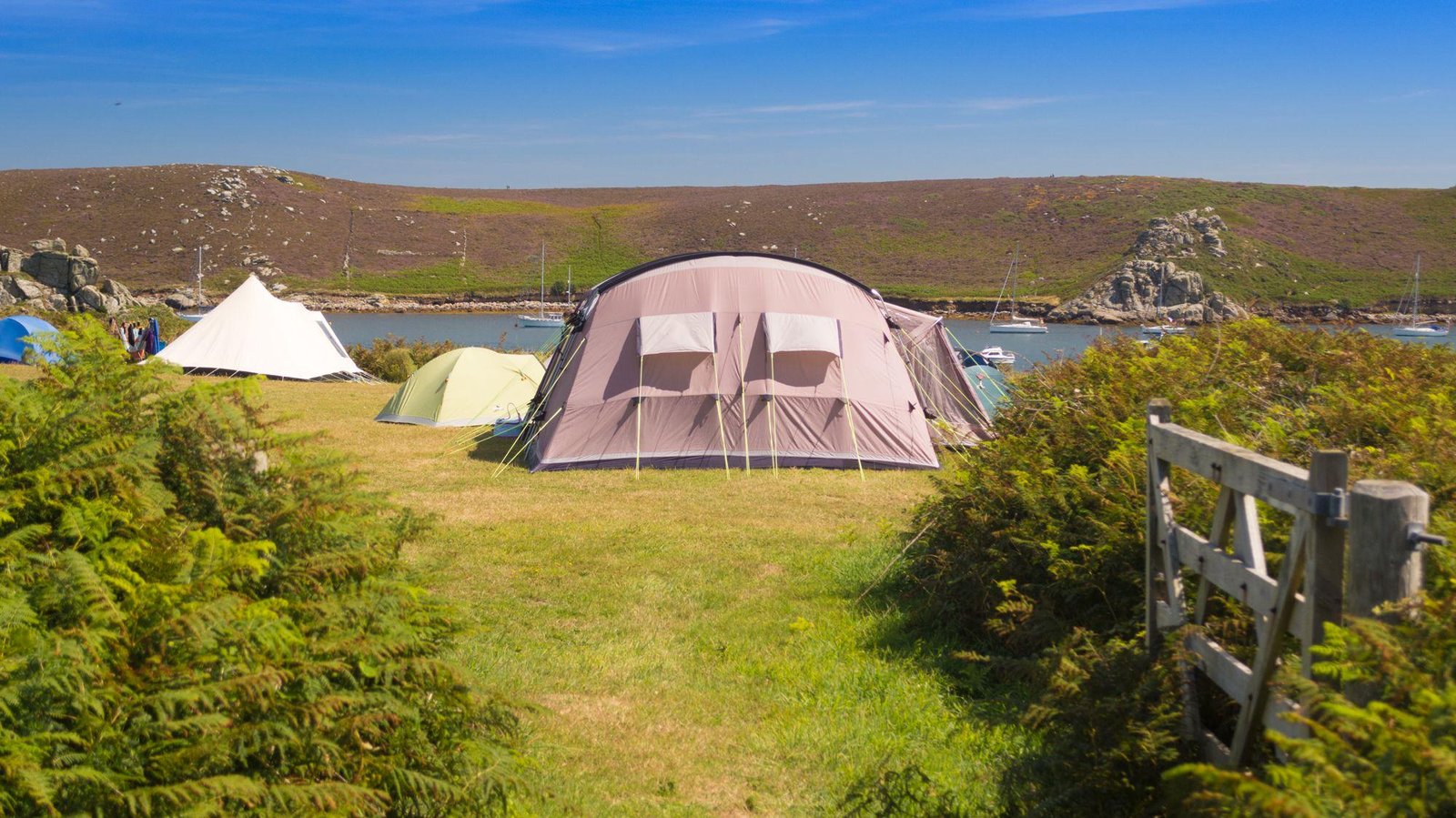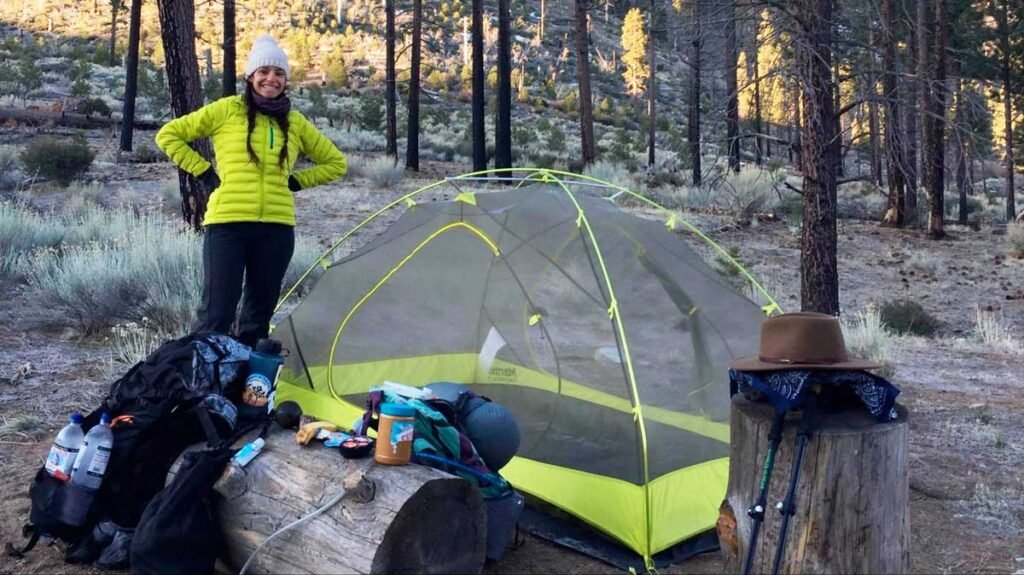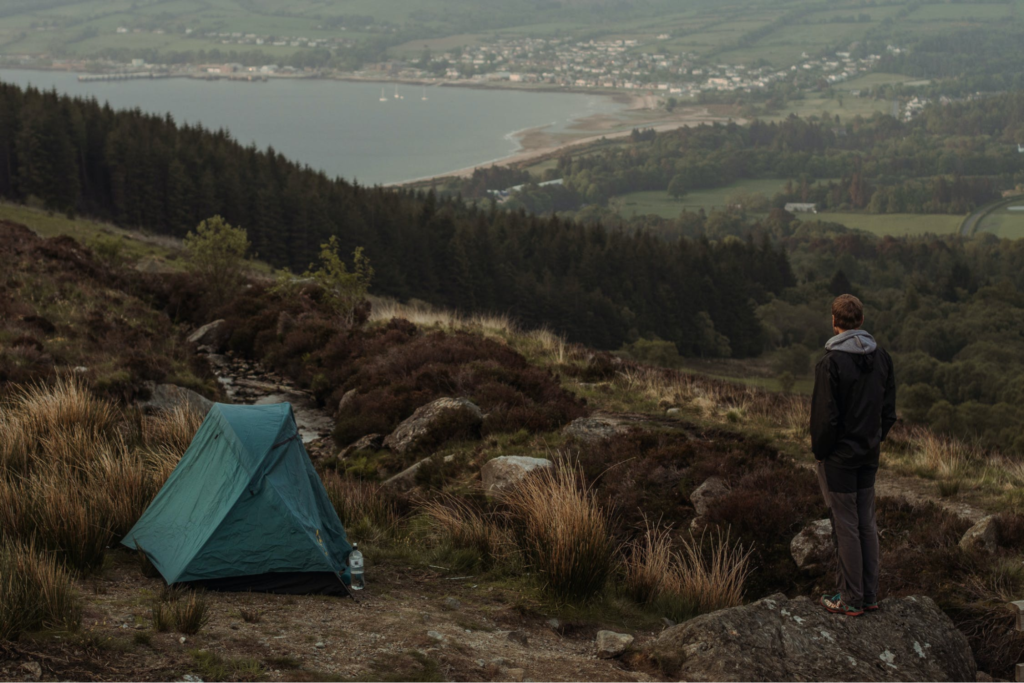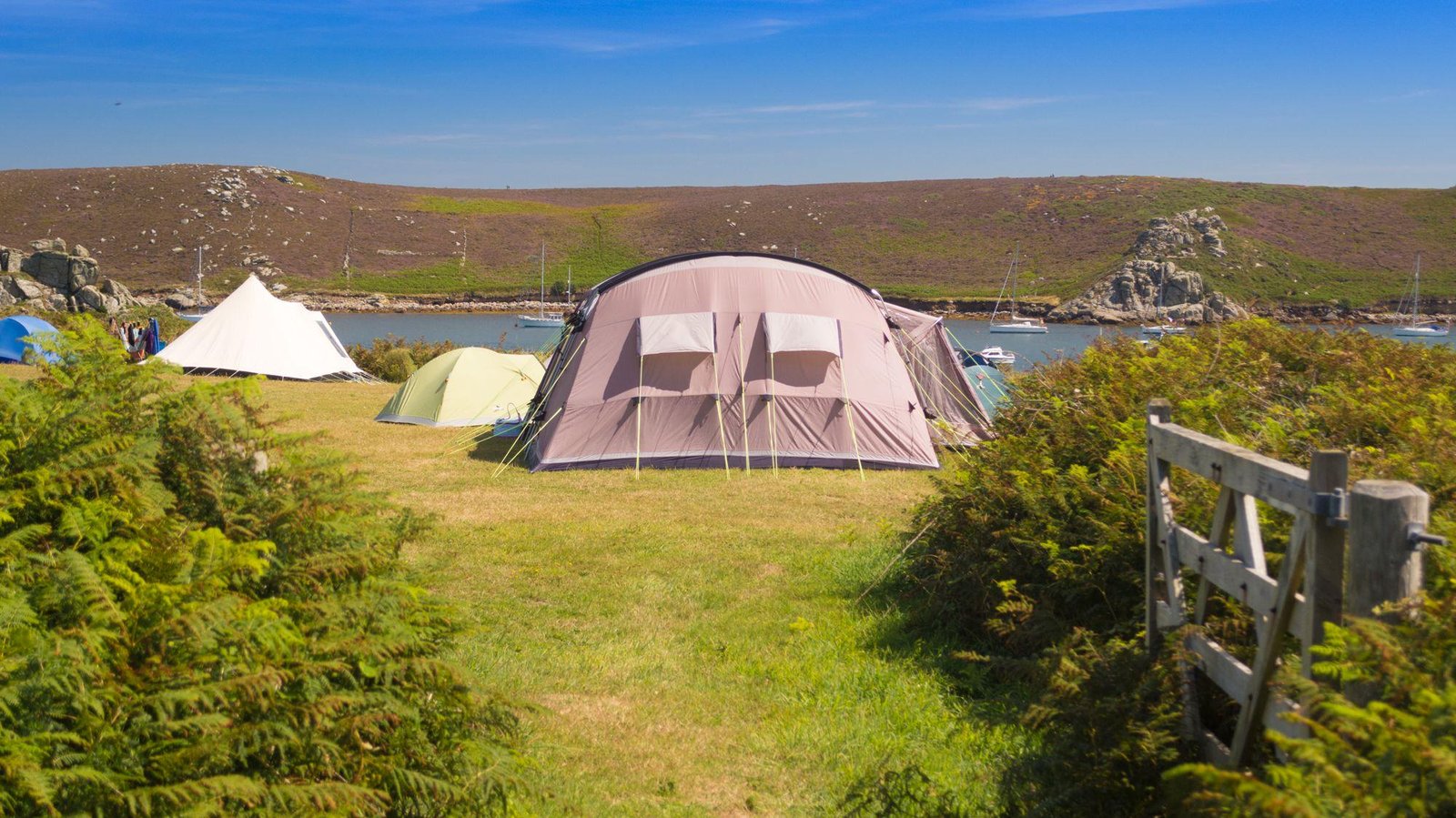
This content provides valuable guidance for a successful and safe camping trip. It emphasizes the importance of careful preparation, starting with considering the duration, location, and timing of the trip.
It advises selecting appropriate gear based on these factors, ensuring comfort and safety while minimizing the weight of the backpack.
The importance of packing essential items such as sleeping gear, food, clothing, and emergency supplies is highlighted.
For beginner camping, choose a flat and safe spot, learn to set up the tent beforehand, and bring essential supplies. Be cautious when lighting a fire and avoid littering. Follow these tips to enjoy a safe and fun camping experience.
Additionally, it suggests considering weather conditions when choosing gear to ensure suitability for the environment.
Safety is paramount, and the content stresses the need to bring a first aid kit, sun protection, and bug repellent. It also underscores the significance of cleanliness, encouraging campers to leave no trace by packing out all trash and preserving the natural environment.
Overall, the content aims to equip campers with practical advice to enhance their camping experience while prioritizing safety and environmental responsibility.
It serves as a comprehensive guide for novice and experienced campers alike, covering essential aspects from trip planning to gear selection and safety precautions.
By following these guidelines, campers can enjoy a rewarding and memorable outdoor adventure while minimizing risks and environmental impact
do not forget to carry these things

- Ready and Go
- Choose your pack
- sleep well
- need for fire
- List of foods
- dressing
- Gadgets
- keep clean
- stay safe
- some extras
- Choose location
- setting up the tent
- proceed with caution
- stay safe in the sun
- Avoid insects
- Take garbage home with you
How do I prepare for camping?

How to do camping for beginners?
Ready and Go!
First, you need to figure out how many places you are going to, what your transportation is, and how long you are going for. Then, you need to decide what you need to take with you.
Choose Your Pack
Select your backpack based on the length of your trek and your capacity. If you are going for two to five days of hiking, backpacks ranging from 60 to 80 liters are suitable.
If you are driving for day hikes from a base camp, a small day pack is enough for daily needs and supplies.
Sleep Well
Don’t forget your tent, sleeping bag, sleeping pad (for extra cushion), and pillow. Being adventurous doesn’t mean tolerating neck pain.
The size of the tent determines how many people will sleep in it. Also, it is essential to ensure that the tent is weather-resistant because weather can be unpredictable.
Fire Needs
For camping, you need a fire because you have to cook your food yourself. So, carry firewood, matches, a small gas stove, and some utensils.
Check beforehand whether lighting a fire is permitted at the campsite or not. Also, carry sand and water with you; they come in handy if you need to put out a fire quickly.
Food List
You can get hungry while camping, and sometimes there’s no option for cooking. Therefore, bring granola bars, peanuts, beans, soup packets, instant noodles, instant tea, and coffee sachets. They are not very heavy, and you don’t need cooking for them either.
Dressing Up
If you’re going hiking in warm places, cotton fabric clothes are suitable. However, for this, choose moisture-absorbing clothes. Woolen clothes are necessary for cold weather.
Gadgets
We’re not talking about bringing children’s iPads here. Flashlights, headlamps, extra lanterns, extra batteries, multi-tools, phone chargers, and emergency gear are essential. These should be packed for sure.
Keep It Clean
Be sensible; there can be dirt in the jungle. So, bring toothbrushes, paste, toilet paper, paper soap, and the like with you. Also, bring baby wipes, hand sanitizers, and garbage bags so you can pack the dirt.
Stay Safe

Staying safe is the most important thing in camping. So, keep a first aid kit, sunscreen, and allergy-free medicines with you.
Some Extra
“Bring binoculars, a map (pack it in a ziplock so you can navigate without worrying about the weather), books, a field guide, and a folding chair.”
Choose Your Spot
Once everything is packed, the next step is to figure out where to pitch the tent! There are plenty of campgrounds to choose from, such as National Parks, State Parks, and other campsites across the country.
Setting Up the Tent
Once you find the camping spot, choose a flat area for pitching the tent. Set it up with the help of your companions and use a tent cover to protect it from rain.
Choose a place close to running water so that you can easily reach there while cleaning utensils, bathing, and filling water bottles. But make sure to find out beforehand because camping is not allowed in some places.
Move Forward with Caution
During camping, sometimes places can be a bit rough, so it’s essential to wear good hiking boots to avoid sprains and strains.
Also, it’s necessary to wear the right shoes to avoid blisters. Carry a first aid kit with you for any cuts or scratches on the way.
Stay Safe in the Sun
Wear a cap and sunglasses to protect yourself from the sun. Drink plenty of water to avoid dehydration. Also, be careful.
Avoid Insects
Wear tall socks, apply insect repellent, and avoid going into tall grass. If a bug bites, carefully remove it with tweezers. Make sure not to crush the bug. Disinfect the bitten area with soap and wash your hands immediately afterward.
Bring Garbage Back Home

The most important thing is to leave the campsite as you found it. That means not dirtying it at all. Instead of throwing any trash there, put it in a garbage bag and take it back with you.
How to do camping for beginners?,
If you are going camping then do not forget to carry these things,
Keep these things in mind before going camping,
How to do camping for beginners?,
How do I prepare for camping?,

1 thought on “How to do camping for beginners?”